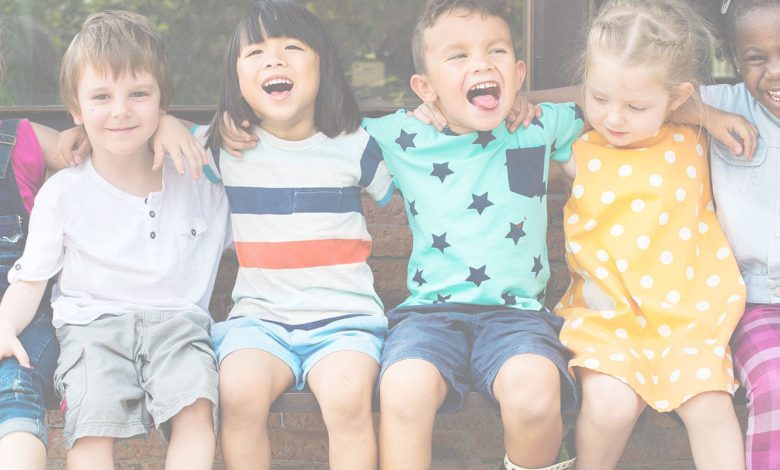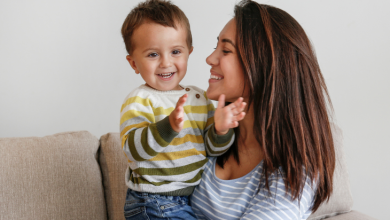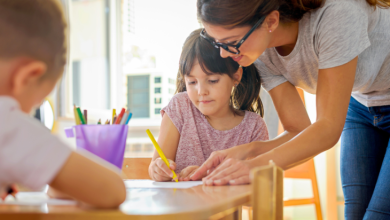How Little Sunshine’s Playhouse® Promotes Social Skills for Preschoolers

How Little Sunshine’s Playhouse® Promotes Social Skills for Preschoolers
Parents relish the joy of watching young children form relationships with friends, teachers and others.
It turns out that socialization is actually an important part of early childhood development and promotes positive outcomes later in life.
Even better news is that social skills can be taught, similarly to academic subjects like math, reading or science. A research review of more than 270,000 students from kindergarten through 12th grade showed multiple benefits of social emotional learning programs:
- More positive attitudes toward school
- Positive social behavior
- Better academic performance
- Fewer discipline problems
- Fewer emotional problems
At Little Sunshine’s Playhouse & Preschool®, we understand that early childhood education also plays an important role in developing social skills by teaching kids how to interact with peers, cope with stress and solve problems. One long-term study found that 28-year-old adults who had attended high quality preschool enjoyed higher incomes, greater job prestige and better socioeconomic outcomes.
Social Development Milestones in Early Childhood
The toddler and preschool years bring lots of exciting milestones in terms of a child’s socialization. Parents, teachers and peers alike all play an important role in promoting positive social skills during this time.
- Ages 2-3. By 24 to 36 months, children can express a wide range of emotions but may still object to major changes in their daily routines. At 36 months of age, children begin to separate from parents more easily.
- Ages 3-4. Preschoolers develop greater independence and become more inventive at playtime. They may engage in fantasy or even pretend to be a mom or dad! This is also a time when kids develop a greater ability to cooperate and play with other children.
Benefits of Preschool Socialization
One child expert notes that socialization with non-family members in a safe environment is actually foundational to other areas of learning and development, and quality preschool provides the perfect setting for learning a number of important social skills.
- Cooperation, respect and teamwork. Preschool helps kids develop skills like sharing, taking turns and working as part of a team to complete a task. It also fosters listening, respect for different perspectives and treating everyone equally.
- Appreciation for diversity. Attending preschool means children get to interact with teachers and peers who may have different cultural backgrounds or life experiences. This teaches everyone to value differences and to become positive contributors to society.
- Self-awareness and self-management. Preschool promotes the ability to recognize and regulate one’s thoughts, emotions and behaviors out of respect for others.
- Social awareness and relationship skills. This includes the development of empathy and the ability to see other people’s perspectives, as well as the ability to build and maintain healthy relationships.
Socialization plays an important role in our proprietary Creatively Shine™ curriculum at Little Sunshine’s Playhouse®. Early preschool for ages 2-3 includes fun, stimulating activities like songs, puzzles and games to encourage positive interaction with classmates and teachers. For preschoolers between ages 3-4, teachers present activities that promote hands-on learning and socialization through teamwork.
To learn more about how Little Sunshine’s Playhouse helps your child make friends while learning valuable social skills, contact a location near you!
Check out our previous article on why playtime is an important part of learning:
What Is the Importance of Play in Preschool?





